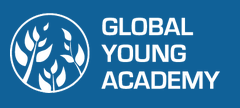Workshops are side events organised by GYA Working Groups in collaboration with partner organisations. Participant numbers are limited; registration for individual workshops is a prerequisite to participation.
All workshops will be held at the National Academies of Sciences, Engineering and Medicine building on 2101 Constitution Avenue, Washington, D.C.
See the full AGM & Conference programme here.
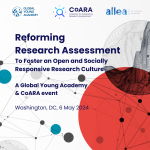
Reforming Research Assessment to Foster an Open and Socially Responsive Research Culture: a GYA-CoARA event
Parallel workshop. 13:00-15:00, 6 May 2024. Collaboration between GYA Working Groups: Scientific Excellence, Trust in (Young) Scientists and Open Science
Science plays a pivotal role in the advancement of democratic societies, and there is a growing consensus advocating for its recognition as both a common good and a fundamental human right. To effectively fulfil this role, science necessitates the trust of society, the support of policy makers, and robust international collaboration, enabling the mobility of researchers and the free flow of knowledge. To encourage this, our responsibilities as researchers extend beyond the realm of academic publishing. They encompass science outreach, education, diplomacy, policy advocacy, entrepreneurship, and collaborations aimed at addressing global challenges or progress towards more equitable societies. However, this is hampered by current research assessment practices and the academic reward system, which perpetuate a ‘publish or perish’ research culture that confines the scope of science to academic publishing, fosters privilege-based biases, and prioritises quantity over quality, as well as prestige over integrity.
This dynamic, collaborative workshop will address these issues and more, involving three GYA working groups and the Coalition for Advancing Research Assessment (CoARA), which brings together a community of researchers and research enablers dedicated to reforming this perilous research culture.
Maximum participants: 100
Register here for in-person participation.
Speakers
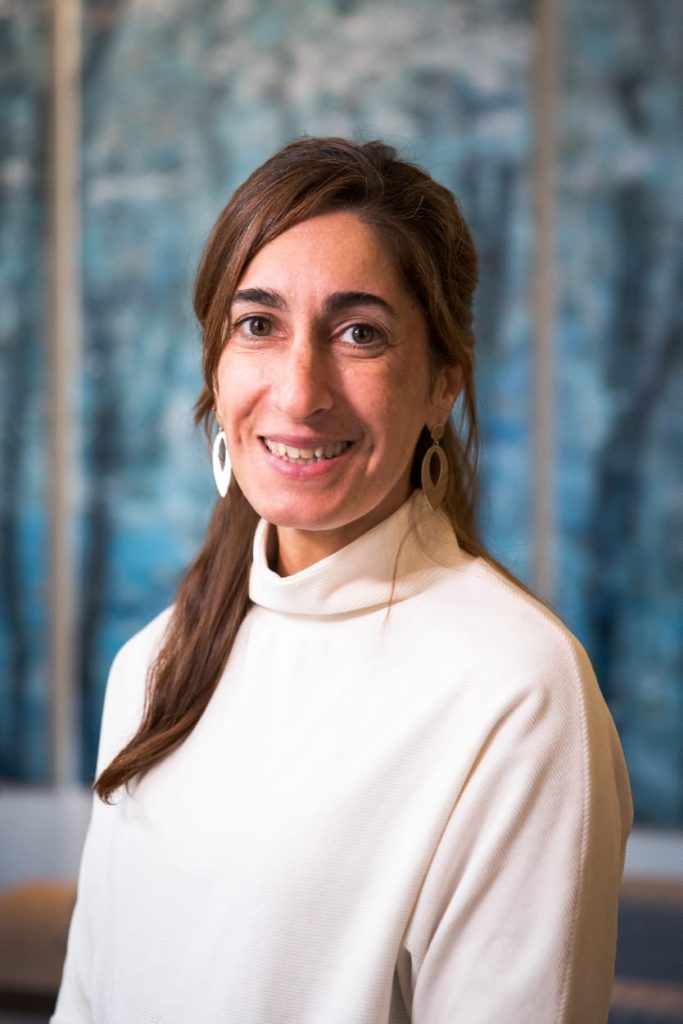
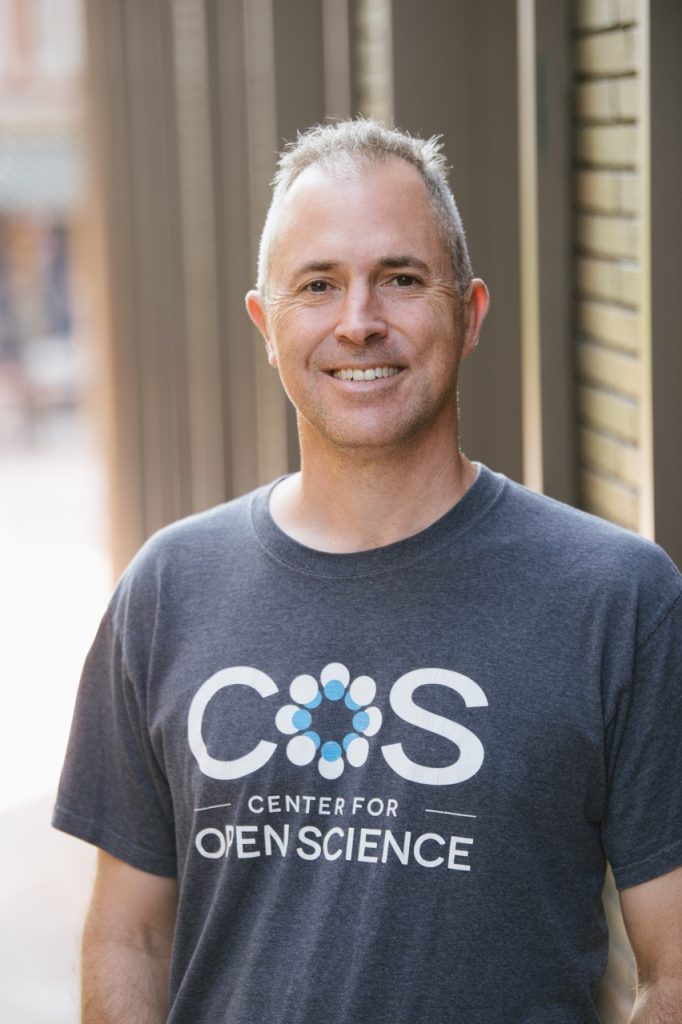
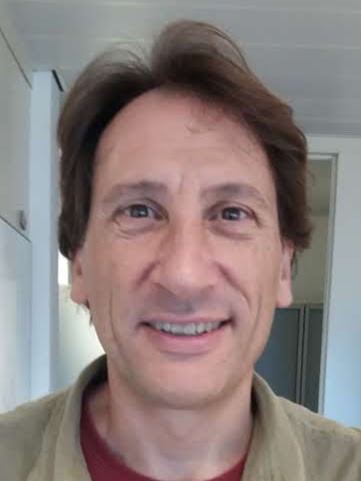
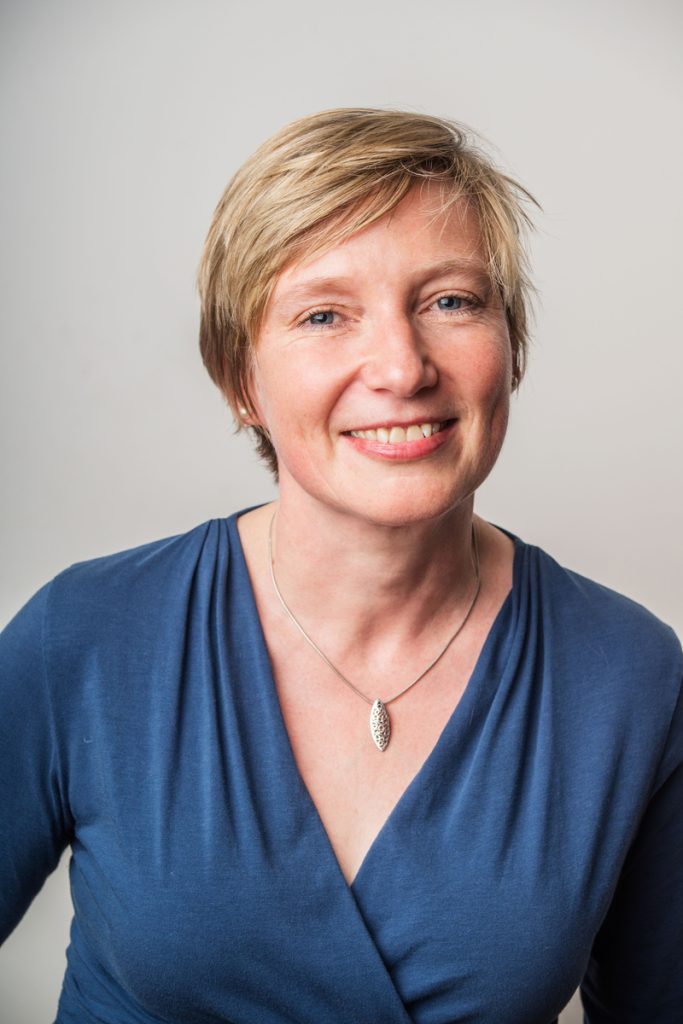
Luciana Balboa
Steering Board Member, CoARA
Dr Luciana Balboa is an Infectious Diseases researcher at the Instituto de Medicina Experimental (IMEX – Institute of Experimental Medicine), which belongs to CONICET (Consejo Nacional de Investigaciones Científicas y Técnicas – Academia Nacional de Medicina) in Buenos Aires, Argentina. Her team aims to contribute to the improvement of our basic knowledge of the immune response against Mycobacterium tuberculosis, the causative agent of tuberculosis. She created the first French-Argentine International Associate Laboratory dedicated to the study of tuberculosis, especially in the context of HIV co-infection. In addition, she is a member of the Global Young Academy, co-chairs the Young Academy of Argentina, and is a member of the executive committee of IMEX at CONICET. She has recently joined the board of CoARA.
Brian Nosek
Co-founder and Executive Director, Center for Open Science
Brian Nosek co-developed the Implicit Association Test, a tool that greatly increased research and public interest in implicit bias. Dr Nosek co-founded three non-profit organisations: Project Implicit to advance research and education about implicit bias, the Society for the Improvement of Psychological Science to improve the research culture in his home discipline, and the Center for Open Science (COS) to improve rigour, transparency, integrity, and reproducibility across research disciplines. Dr Nosek is the Executive Director of COS and a professor at the University of Virginia. His research and applied interests are to understand why people and systems produce behaviours that are contrary to intentions and values; to develop, implement, and evaluate solutions to align practices with values; and to improve research credibility and cultures to accelerate progress.
Ismael Ràfols
UNESCO Chair on Diversity and Inclusion in Global Science, Leiden University
Ismael Ràfols leads the UNESCO Chair on Diversity and Inclusion in Global Science at Leiden University’s Centre for Science Technology Studies (CWTS) in the Netherlands. He works on evaluation and science policy with approaches aimed at fostering epistemic pluralism, broadening participation, and widening the distribution of the benefits from science. Dr Ràfols has been involved in policy initiatives related to ‘responsible research assessment’, such as the implementation of UNESCO’s Open Science Recommendations, and in discussions on biases against research topics from the Global South in assessment and databases. He received an MSc in Science and Technology Policy from SPRU (Sussex University, UK), a PhD in biophysics from Tohoku University (Sendai, Japan) and was a postdoc in nanobiotechnology at Cornell University (USA).
Véronique Kiermer
Chief Scientific Officer, Public Library of Science (PLOS); Member, US National Academy of Sciences Strategic Council on Research Excellence, Integrity, and Trust
Véronique Kiermer is the Chief Scientific Officer at PLOS, where she oversees the editorial department and the development of solutions to promote Open Science. Dr Kiermer has a PhD in molecular biology from the Université Libre de Bruxelles, Belgium. She was a postdoc in the laboratory of Dr Eric Verdin at the Gladstone Institutes (USA), after which she worked in biotechnology research and development (R&D) for gene therapy projects in the San Francisco Bay Area. She moved into publishing in 2004, first as the founding Chief Editor of Nature Methods, then as the Executive Editor for the Nature portfolio, before joining PLOS in 2015. She’s a proud alumnus of the ORCID Board, and she currently serves on the Board of Directors of Keystone Symposia, the Scientific Advisory Board of the EMBL-EBI Literature Services & Biostudies, and the NISO CRediT Standing Committee. Since 2021, she has been a member of the US National Academy of Sciences Strategic Council for Research Excellence, Integrity, and Trust.
Advancing Biosecurity: From Knowledge to Action in Biorisk Management and Bioethics
Parallel workshop. 13:00-15:00, 6 May 2024. Collaboration beetween Global Health Working Group and IAP-funded project “Advancing Biosafety”
This event consists of two parts. A pre-online lecture series and an in-person event during the AGM 2024. It is aimed at equipping participants with the necessary skills to assess the Biorisk associated with their research projects, as well as to build their capacities in the bioethics of life science research. During the pre-online lectures on biorisk assessment, we will delve into the criteria for different biosafety levels, taking into account factors such as the nature of the agent, special practices, primary barriers, personal protective equipment, and facility features. Our expert speakers will highlight the importance of considering epidemiological data, uncertainty, research goals, risk, benefits, impact, and emergency preparedness when determining the appropriate level of biosafety measures for working with pathogens or conducting experiments. Participants will have the opportunity to apply their newly acquired knowledge by analysing a scientific paper from a biorisk assessment perspective. This exercise will further enhance their understanding and practical application of the concepts discussed. Following the online lectures, we will organise an in-person event focused on bioethics and the code of conduct for bioscientists. This interactive session will feature scenario-based discussions, encouraging participants to explore ethical dilemmas in bioscience and share their insights. As a special highlight, we will also launch a biosecurity videogame, providing a unique and engaging way to reinforce the Tianjin Biosecurity Guidelines. We are thrilled to announce that this event serves as the culmination of the IAP-GYA Advancing Biosafety strategic project, bringing together national and regional science academies, as well as renowned experts and enthusiastic participants for a thought-provoking discussion on ethical practices in bioscience.
Maximum participants: 35
Science Diplomacy Forum
Parallel workshop. 15:30-17:30, 6 May 2024. Science Diplomacy in the Americas Working Group
As GYA members we often complain about the lack of real opportunities to be in contact with diplomats, to find synergies and to make our voice heard. Since the next AGM will be in Washington DC, USA, we will be in a diplomatic hub that will give us access to numerous embassies around the world. The Science Diplomacy Forum aims to be a space where GYA members, former members and local ECRs interested in science diplomacy can meet and reflect on different topics together with invited diplomats from different countries that have representations in DC. The programme aims to showcase relevant GYA activities while learning about the current science diplomacy initiatives of the invited diplomatic representations (in presentation format), and about aspects such as what the daily work of a science diplomat looks like, how many different forms it can take, and what kind of skills this field of action requires. The second part consists of reflecting and exchanging ideas on the most effective ways to incorporate young scientists in science diplomacy initiatives while collaborating with embassies. For this we will have different dynamics such as large and small group discussions using SLP tools, and a final open discussion. Some members will be recorders of the event and we will produce a report to distribute to diplomats, including a toolkit to encourage future rapports. We hope the interactions between members and diplomats during the group dynamics with SLP tools allow future interactions and also create a positive view of scientists as allies to work with, including the GYA.
Maximum participants: 50
Science Advice Masterclass: A Global Transdisciplinary Approach
Parallel workshop. 15:30-17:30, 6 May 2024. Science Advice Working Group
This workshop will focus on international science advice from the perspective of a cross-disciplinary collaboration at the science-policy interface, with the opportunity to engage in exercises addressing real-life problems with peers and experts in science for policy and diplomacy.
Maximum participants: 50
AI Horizons: Empowering Sustainable Science for a Better Tomorrow
Lunchtime parallel workshop. 13:15 – 14:45, 8 May 2024. Science Education for Youth Working Group
This workshop explores the pivotal role of Artificial Intelligence (AI) in advancing science and driving sustainable development. In an era marked by unprecedented challenges, AI stands as a transformative force, propelling us towards innovative solutions and a more sustainable future. After an introduction on AI and Intelligent Systems, the program will delve into various scientific areas, to show the societal and economic impact AI is having across domains. Massive datasets, inference and reasoning algorithms, complex phenomena modelling unveil hidden patterns and accelerate scientific discovery. AI-driven technologies are also making education more accessible and personalized, bridging gaps in learning opportunities and fostering inclusive, lifelong learning. It is however important to ensure that AI advancements benefit all segments of society, minimizing biases, and promoting inclusive, equitable progress. The workshop aims to inspire collaboration, foster innovative thinking, and empower participants to harness the potential of AI for a better tomorrow. Join us on this journey through the intersection of AI and sustainability, where together, we chart a course towards a future where science, empowered by AI, leads the way to a more sustainable and equitable world.
Maximum participants: 50
How Might Diverse Minds Come Together to Build a Future People Want? A workshop on foundational values for collaboration and supporting at-risk scholars
Lunchtime parallel workshop. 13:15 – 14:45, 8 May 2024. Collaboration between GYA At-Risk Scholars Initiative and Addressing Systemic Discrimination Working Group.
This workshop introduces participants to the values of mutual respect and active listening, which underlie the UN Universal Declaration of Human Rights and meaningful collaboration with diverse people. Participants will reflect on how such values might inspire their personal approach to intercultural communication and conflict resolution. The GYA At-Risk Scholars Initiative will also be introduced including its needs, goals, outcomes and partners.
Maximum participants: 50
Women in Science for Peace
Lunchtime workshop. 13:00-14:30, 9 May 2024. Women in Science Working Group
This workshop aims to bring together early to mid-career Women in Science and interested participants, with the primary goal to equip them with enhanced conflict resolution and negotiation skills, recognizing that scientists can be instrumental in fostering peace not only within scientific communities but also in broader societal contexts. We aim to empower scientists and researchers with the tools and knowledge necessary to handle conflicts and disputes effectively, fostering a more inclusive, diverse, and peaceful scientific community. The workshop will address conflict resolution strategies, case studies and practical exercises.
Maximum participants: 100
